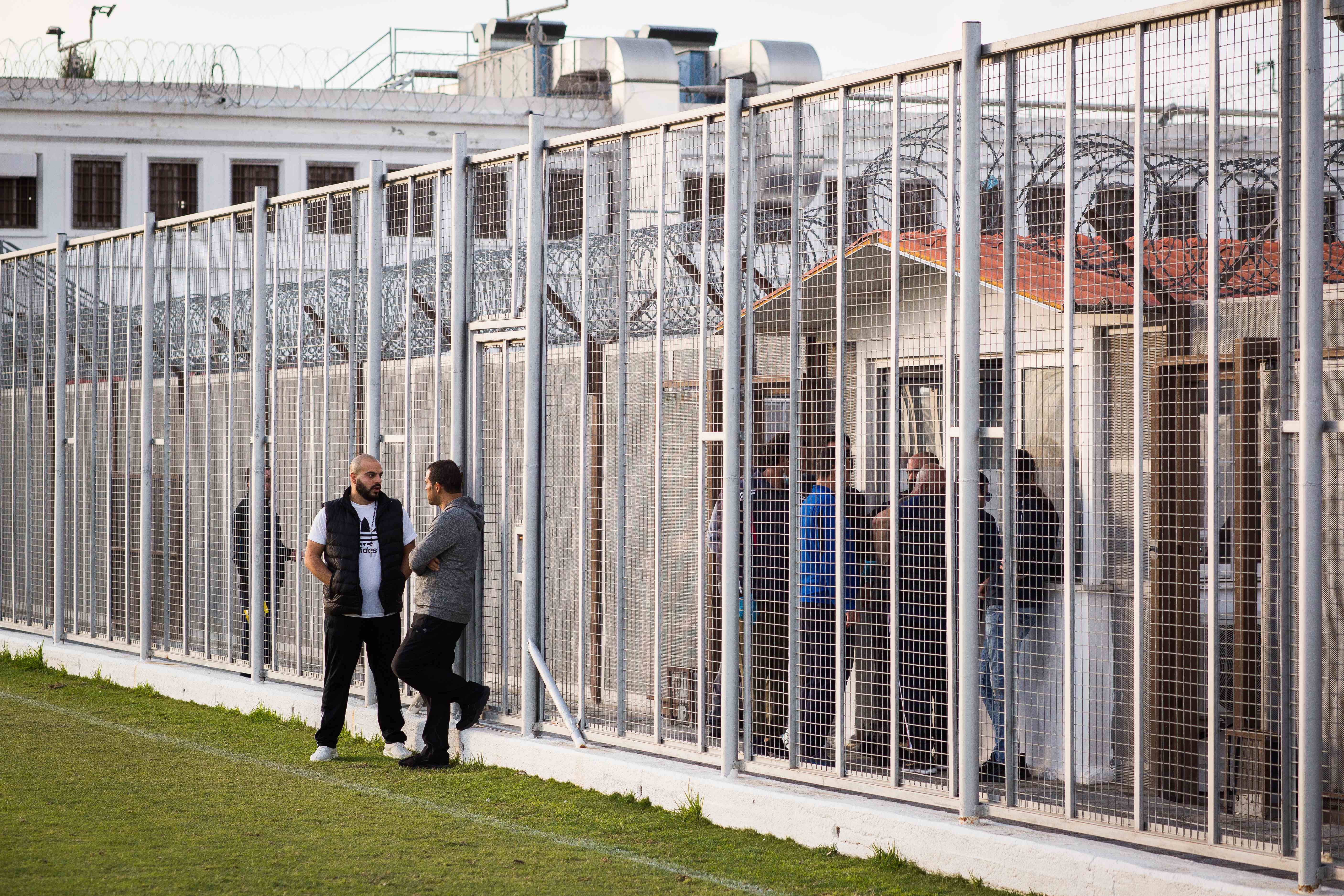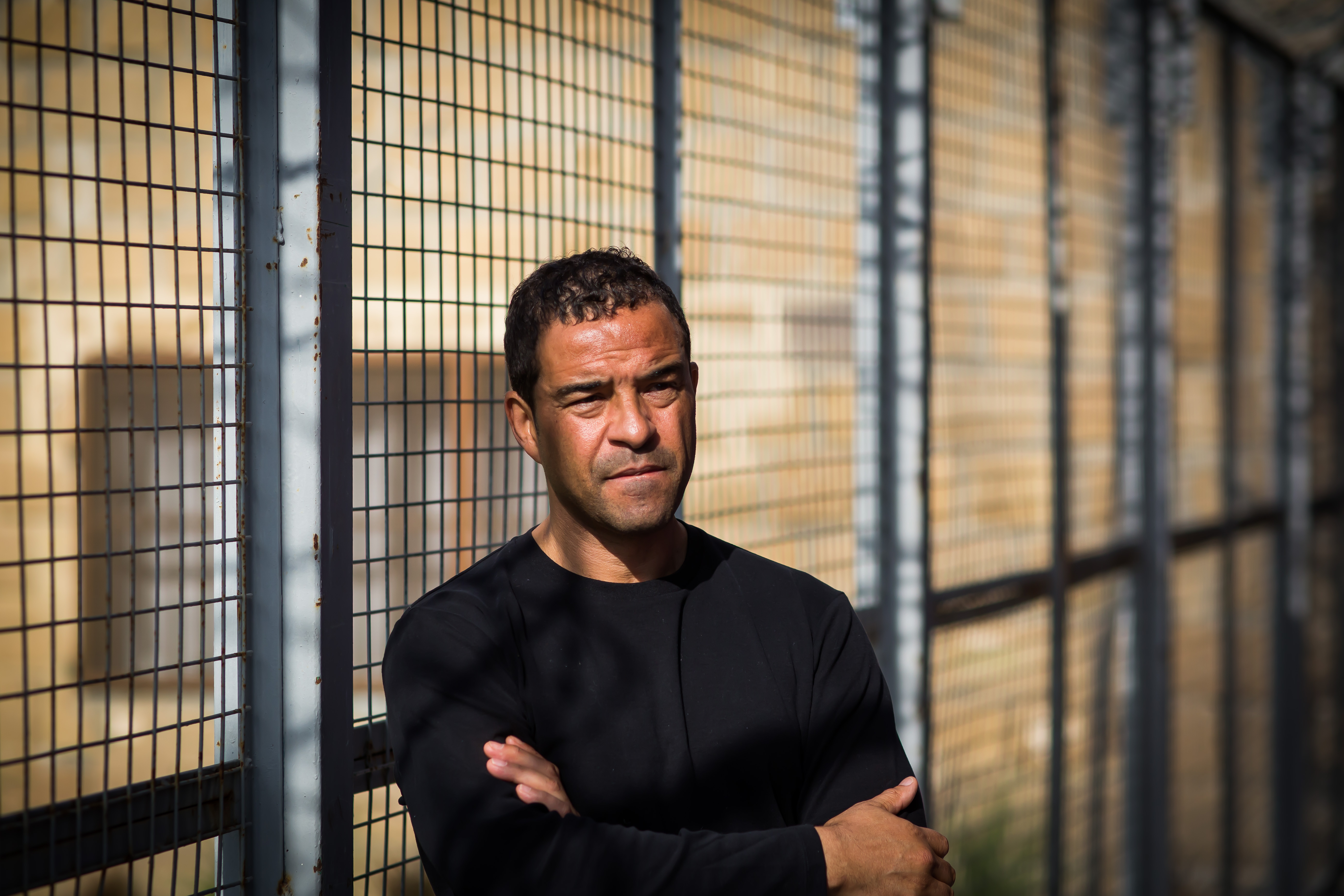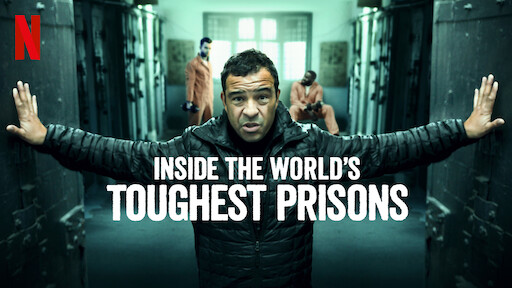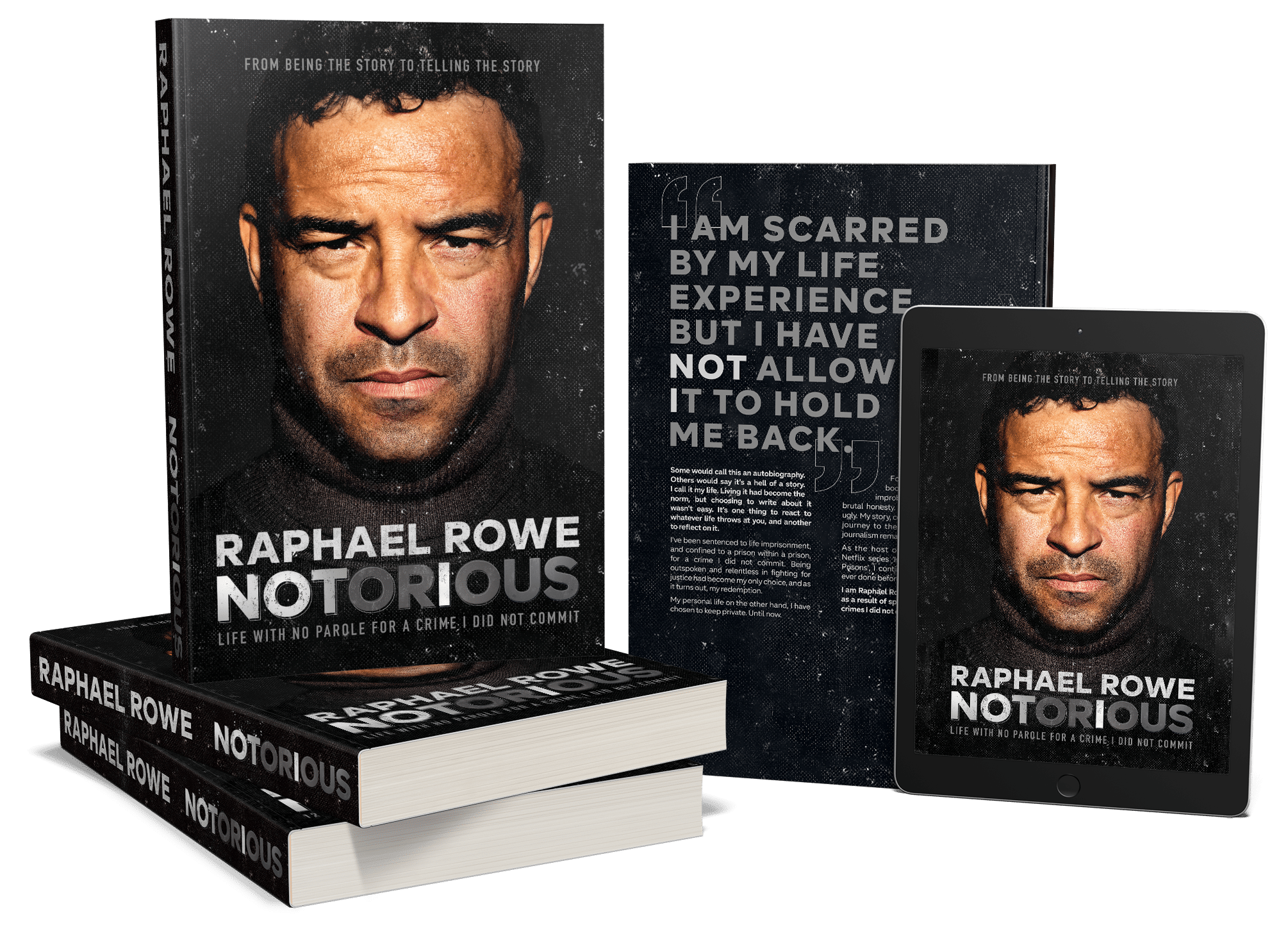My Story
"I know what it means to be silenced, to be forgotten, and to fight for justice from the inside."
When I was 20 years old, I was wrongfully arrested, charged, and convicted of a murder and a series of robberies I did not commit. I was sentenced to life imprisonment and spent the next 12 years inside British maximum-security prisons fighting to prove my innocence.
I experienced firsthand what it means to be stripped of your freedom, your dignity, and your voice. Finally, after more than a decade behind bars, my case was referred to the British Court of Appeal. My convictions were ruled unsafe, and I was set free.
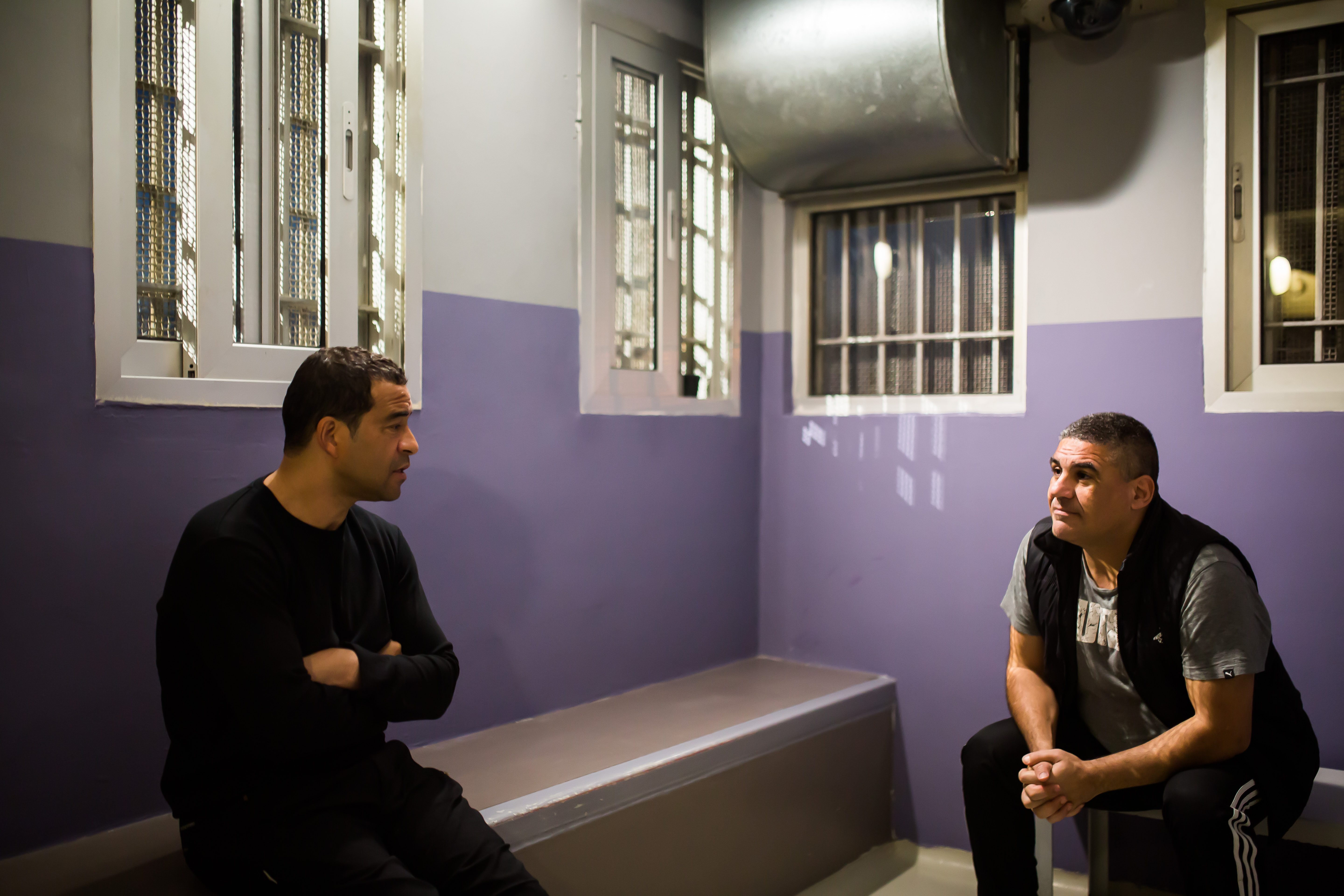
From Prisoner to Advocate
My experience of wrongful imprisonment gave me unique insight into the failures of prison systems and the urgent need for reform. Today, I use that perspective to advocate for change.
A Platform for Change
Since my release, I've dedicated my life to journalism and storytelling — working as a reporter for the BBC, hosting the Second Chance podcast, and more recently, presenting the Netflix series Inside the World's Toughest Prisons. That series took me inside prisons across the globe, where I witnessed conditions that were not just harsh — they were inhumane.
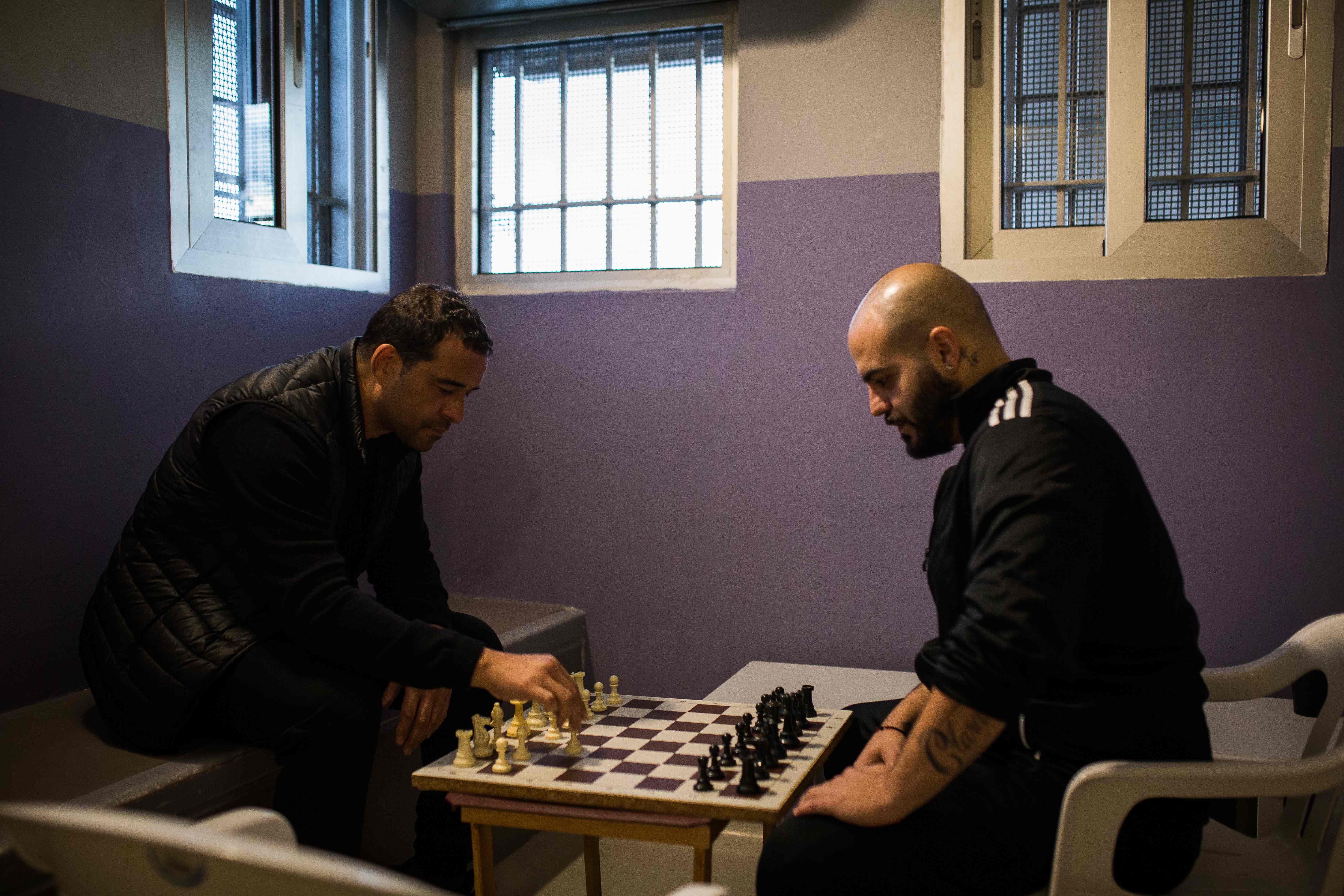
Through my work documenting prison conditions worldwide, I've witnessed both the harsh realities of incarceration and moments of genuine human connection that remind us of our shared humanity.
Overcrowded cells, no clean water, barely any access to nutritious food, no education or rehabilitation, and a complete absence of dignity. In many of these places, people are simply warehoused, forgotten, and dehumanised.
Through my work, I've seen that when people in prison are denied their humanity, it damages their mental health, increases violence, and does nothing to prepare them for life after release. These broken systems don't just fail the people inside — they fail society as a whole.
The Foundation's Birth
What truly inspired me to act was the response from people around the world who watched the series. They saw what I saw — and they cared. They understood that even those who have committed crimes deserve basic human rights and the opportunity to change.
That's why I founded the Raphael Rowe Foundation.
We exist to challenge the systems that strip people of their humanity. We work to improve prison conditions, promote rehabilitation, and support reintegration — because when we treat people with dignity and give them the tools to change, we create safer, fairer societies for everyone.
